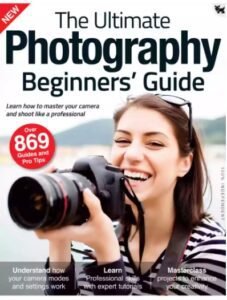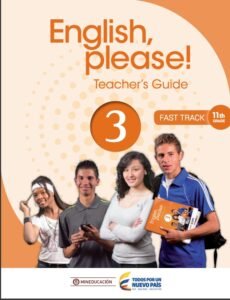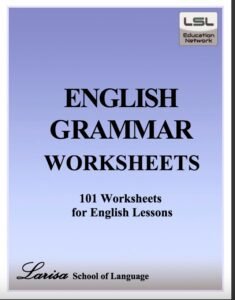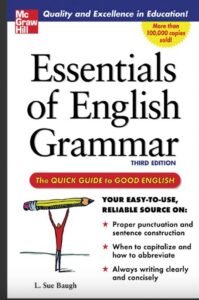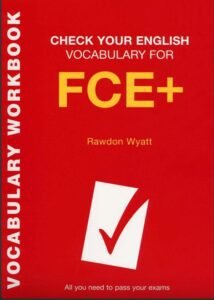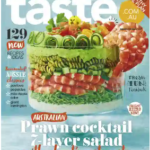
Learning English with magazines can be a fun and effective way to improve your language skills. Here are some tips to make the most of your learning experience:
- Choose the Right Magazines: Select magazines that match your English proficiency level. For intermediate learners, the “Magazine zone” from the British Council provides articles written specifically for B1 (intermediate) and B2 (upper intermediate) levels. You can explore topics like chocolate, World Music Day, yoga, and more, with interactive exercises to reinforce your comprehension and vocabulary skills [1].
- Find English Learning Magazines: Look for magazines that are designed specifically for English learners. These magazines are tailored to your needs, providing practical language tips, useful activities, and articles that suit your learning goals. Examples include “Hot English Magazine,” which focuses on idioms, grammar, and conversation tips, and “Just English,” which offers versions for different proficiency levels [3].
- Read Short Articles: English magazines usually contain short articles, making it easier for learners to engage with the content. Start with shorter pieces to build your confidence and motivation. Finishing an article gives you a sense of accomplishment and reinforces your learning progress.
- Use Interactive Exercises: Some English learning magazines, like the “Magazine zone,” offer interactive exercises to test your understanding and language usage. Engaging with these exercises can help you reinforce what you’ve learned from the articles and improve your language skills.
- Describe Pictures and Add Speech: Many magazines have pictures that accompany articles. Practice describing the pictures out loud or in writing. Imagine what the people or animals in the pictures might be saying or thinking. This helps you practice constructing sentences and using new vocabulary.
- Summarize and Discuss Articles: Test your comprehension by summarizing the articles you read. Try to express the main idea of an article in a sentence or two. Discussing the articles with others can also enhance your conversation skills and give you more exposure to the language.
- Ask Questions: If an article leaves you with questions, try to come up with what you’d like to ask the author. This can help you think critically about the content and develop your curiosity for learning more.
- Set Goals: Know your learning goals and choose magazines that align with them. Whether you’re learning English for business, travel, or personal growth, picking relevant magazines will ensure you focus on vocabulary and topics that matter to you.
- Track Your Progress: Keep a record of the time it takes to read each article and compare your reading speed and comprehension between sessions. Tracking your progress can motivate you to improve and celebrate your achievements.
- Integrate FluentU: Consider using FluentU, an English learning program with authentic videos like movie trailers and TV commercials. It can complement your reading practice and expose you to English in different contexts.
Remember, the key to success is consistent practice. Regularly read articles from English magazines, engage with the content actively, and don’t be afraid to challenge yourself with new topics and vocabulary. Happy learning!
To improve your English vocabulary with magazines, you can follow these strategies:

- Install English-language news apps or magazines: Install a couple of English-language news apps or magazines on your smartphone or laptop. Choose magazines that cover topics that interest you, such as current events, fitness, fashion, technology, celebrities, or any other subject that captures your attention. This will make reading more enjoyable and engaging for you. [1]
- Make reading a daily habit: Set aside dedicated time in your day to check out the latest stories in the magazines or newspapers. You can read during your lunch break or in the evenings at home. Consistency is key, as reading regularly will help you improve your English vocabulary over time. The more you read, the better your English will become. [1]
- Guess the meaning of unknown words: While reading, you may come across words you don’t understand. Instead of immediately looking them up, try to guess their meanings based on the context. Look at the rest of the sentence or paragraph to help you deduce the meaning. This way, you can develop your skills of inference and contextual understanding. Afterward, you can check your understanding by looking up the words in a dictionary or online. [1]
- Take note of new vocabulary: Whenever you encounter new words while reading, make a note of them. You can use a note-taking app on your phone or simply write them down. Review these words regularly and try to incorporate them into your spoken and written English. Even learning a few new words every day can make a significant difference in expanding your vocabulary over time. [1]
- Share and discuss what you’ve read: When you study English online or interact with other English learners, share with them what you have read in the magazines or newspapers. Mention the main points and any new vocabulary you have learned. By using the newly acquired vocabulary in conversation, you are more likely to remember it. You can also send links to articles of interest to friends who share the same hobbies or interests, and discuss the content and vocabulary with them. Engaging in discussions will further reinforce your understanding and retention of the language. [1]
In addition to these general strategies, you can also explore specific magazines designed for English learners. Some notable options include:
- Hot English Magazine: This magazine focuses on idioms, grammar, conversation tips, and provides practical language tips for learners. It is suitable for learners who need English for work, exams, or general purposes. It caters to learners of different levels, including beginners. [2]
- Just English Magazine: Just English offers two versions: Just English Explorer for middle school and intermediate learners, and Just English for teenagers and adults. The articles are rated according to reading level, and the magazine covers various topics like news, personal accounts, sports, historical facts, and short stories. It can be used both in classrooms and for self-learning. [2]
- British Council Magazine Zone: The British Council offers
Here are the top five magazines to learn English:

- Mental Floss [1]: Mental Floss is a magazine that covers a wide range of interesting and educational topics. It provides articles that are written in easy-to-understand language, making it suitable for English learners.
- Fast Company [1]: Fast Company is a business and technology magazine that offers insights into the latest trends and innovations. It can help English learners expand their vocabulary and improve their understanding of business-related topics.
- Reader’s Digest [1]: Reader’s Digest is a popular magazine known for its diverse range of articles, including inspiring stories, health tips, and humor. It provides engaging content that is suitable for English learners of various levels.
- Cricket and Cicada [1]: Cricket and Cicada are two magazines aimed at children and young adults. They offer entertaining stories, poems, and activities that can help English learners practice reading and comprehension skills in a fun way.
- TIME and TIME For Kids [1]: TIME magazine and its edition for kids, TIME For Kids, provide current news and feature articles on a wide range of topics. They offer informative content that can improve English learners’ reading comprehension and knowledge of current events.
Please note that these recommendations are based on the provided information, and there may be other magazines available for learning English as well.
Read something you’re interested in.
- Read, Read and Read
There is no better way to improve your vocabulary than to read magazines. Read a variety of genres from different periods, and when you read an unfamiliar word, look it up in a dictionary or dictionary software.You can find English language magazines about almost anything on this page . It shouldn’t be too hard to find one on a topic that interests you.

















